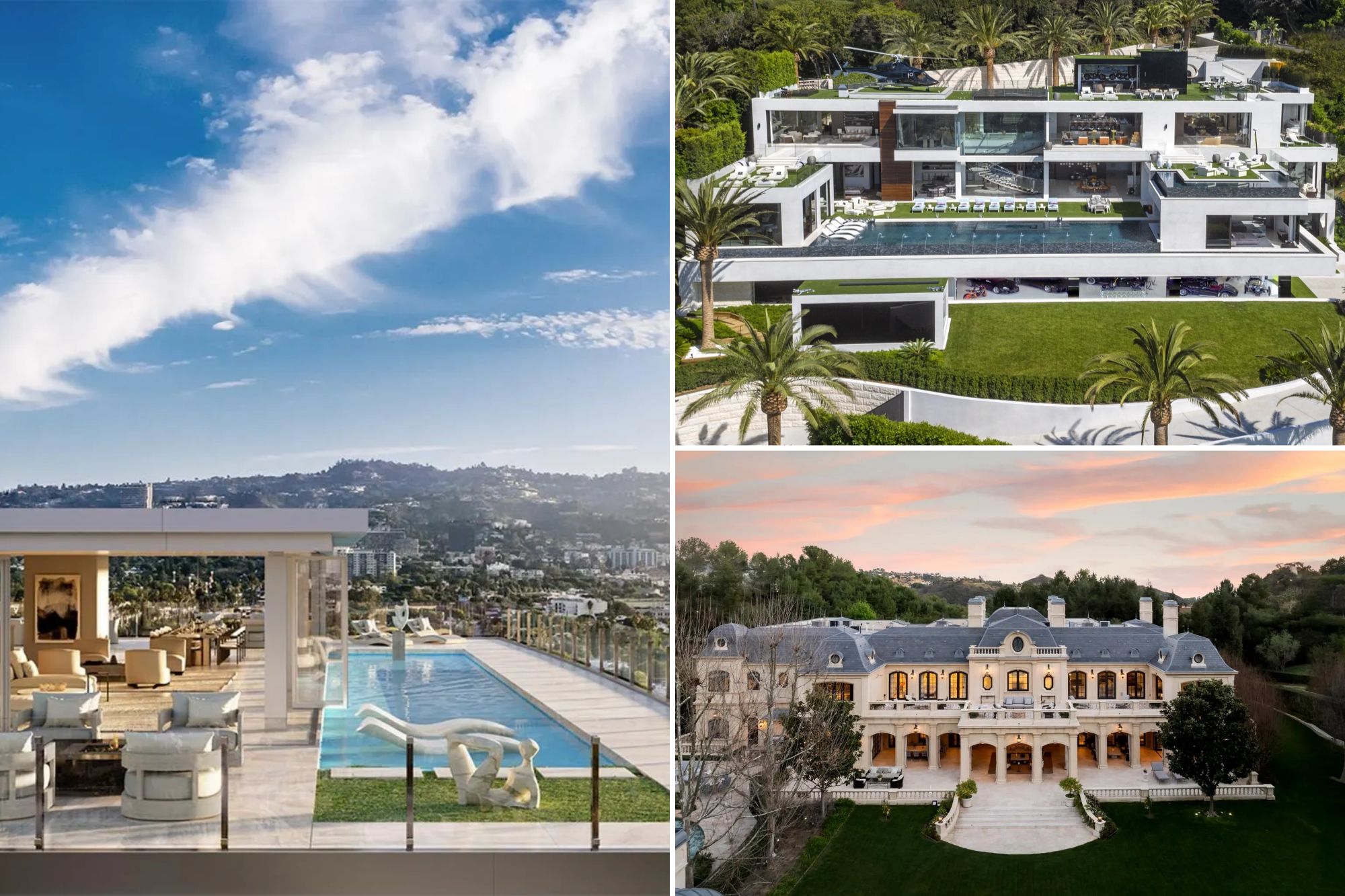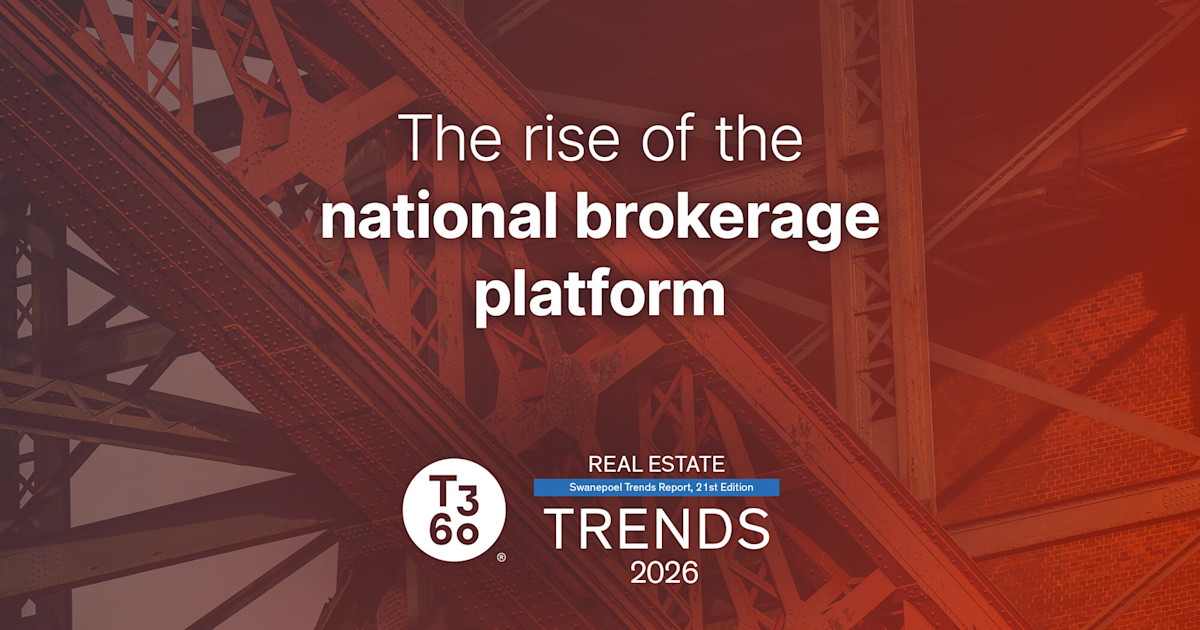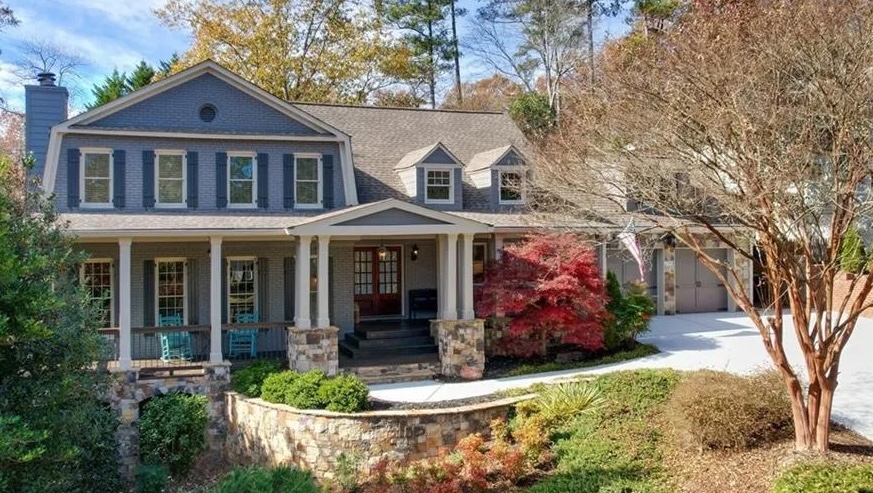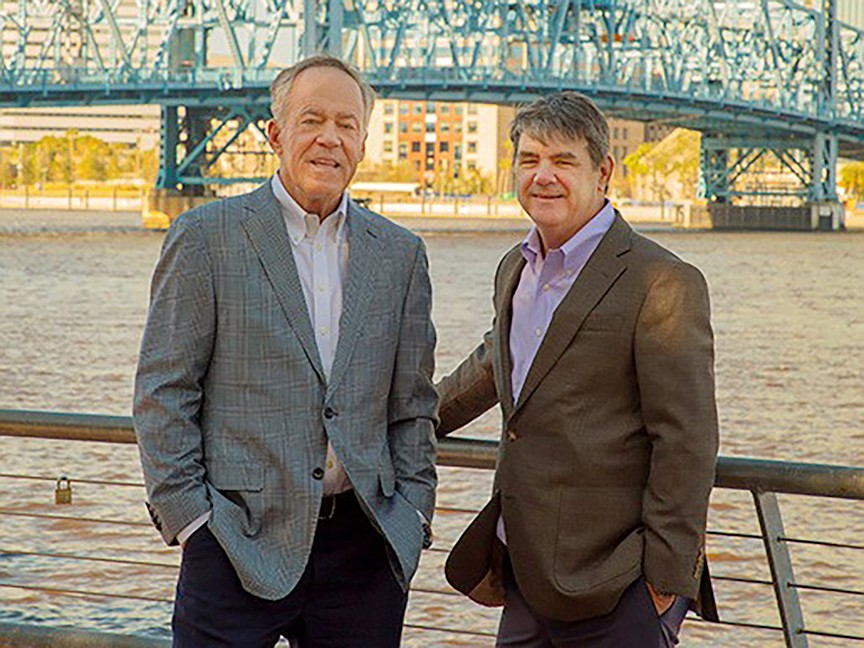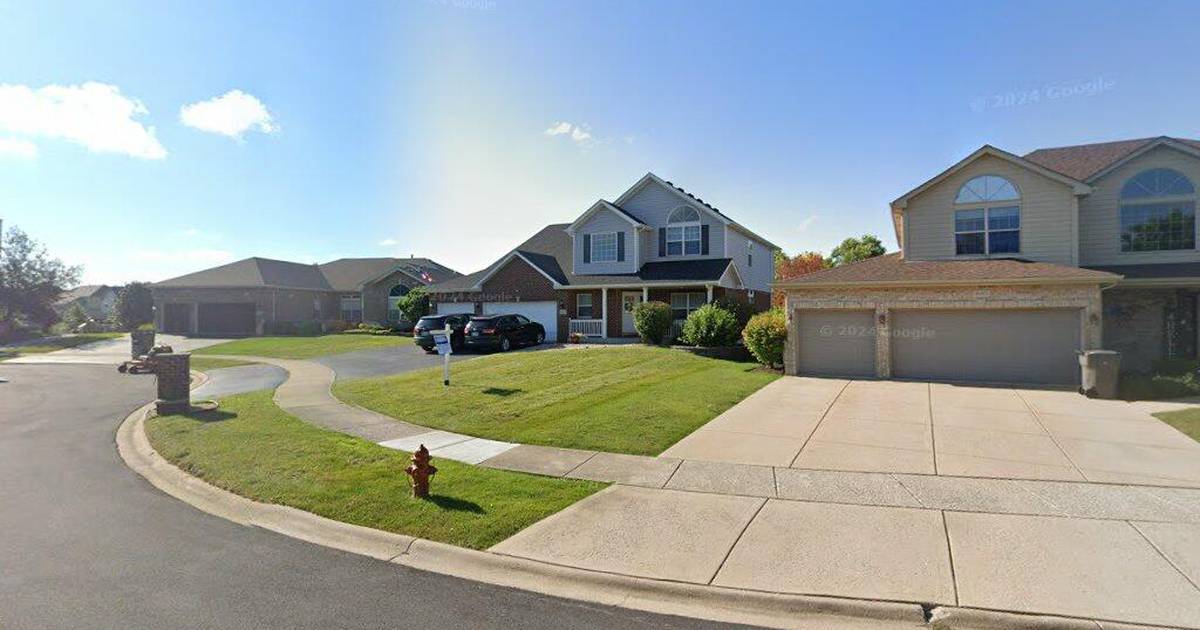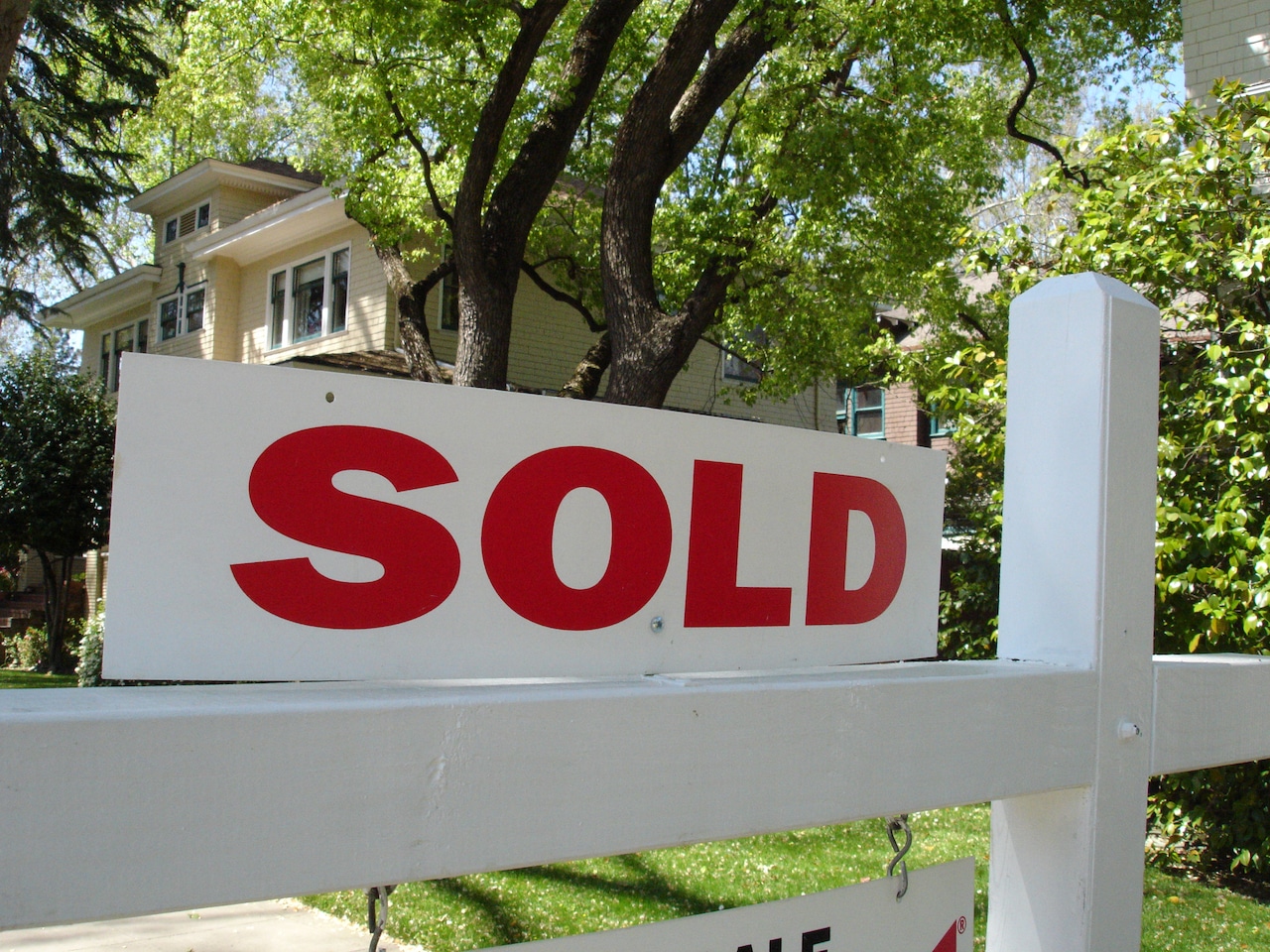L
os Angeles’ ultra‑high‑end real estate is experiencing a wave of steep price cuts, with the biggest homes seeing the largest markdowns. Recent transactions illustrate how properties once listed at record prices are now being sold for far less.
Jennifer Lopez and Ben Affleck bought a sprawling Beverly Hills estate for roughly $61 million in 2023. After their divorce, the couple relisted it at $68 million, but the home lingered on the market. By fall, the asking price had been slashed to $52 million—a $16 million reduction in just over a year. The pattern is not isolated.
Kanye West’s oceanfront Malibu mansion, designed by Tadao Ando, was listed for $53 million in 2024. It ultimately sold for $21 million, a nearly 60 percent discount. Similarly, Milwaukee Brewers minority owner Robert Beyer’s Brentwood estate, initially priced at $100 million, closed at $44 million, falling more than 40 percent below its original list.
These dramatic price drops have led some to question the stability of Los Angeles’ luxury market. Beverly Hills Estates founders Rayni and Branden Williams argue that the numbers only tell part of the story. “It’s largely circumstantial,” Rayni notes. “Some properties were over‑priced from the start, like the JLo estate. If the owners had held longer, the value might have recovered. But the divorce forced an early sale.” She adds that the Beyer property, while architecturally impressive, was dated and required extensive renovation. “The buyer who was willing to invest in updates negotiated a lower price, which is why the final sale was so far below the initial listing.”
Branden explains that sellers’ psychology often drives the market. “Buyers think their own property is the best,” he says. “They’ll make a high offer, then become overconfident and demand more, only to end up with a lower price.” This dynamic has played out in several high‑profile cases. Mark Wahlberg’s Beverly Park compound, listed at $87.5 million in 2022, sold for $55 million a year later. Paris Hilton later purchased the same home for $63.1 million—just $5 million shy of its asking price—making it one of the few mega‑estates to close near list.
Beyond seller sentiment, external factors are tightening the market. Measure ULA, the city’s “mansion tax” enacted in 2023, imposes an extra 4 percent on sales over $5 million and 5.5 percent on deals above $10 million. Combined with rising insurance costs after recent wildfires, the tax has slowed transactions. “The mansion tax has been a huge factor,” Branden says. “It’s made many owners hold out, hoping to recoup more.”
This waiting game carries its own risks. Branden recalls selling Bruce Makowsky’s 924 Bel Air Road estate for $94 million in 2019 after the seller rejected an earlier $135 million offer. “I bring the highest offers to the table, and buyers often think they can get more. They become greedy and end up with less.” In extreme cases, a Four Seasons penthouse fell from $75 million to $15 million.
Despite the current slowdown, the Williamses see potential for a rebound if interest rates ease. “It’s all about interest rates,” Branden notes. “Lower rates mean a healthier economy and more buyers willing to pay premium prices.” Realtor.com data over the past three years shows that homes listed at $50 million or more have sold with an average discount of 32 percent, underscoring the steepness of recent markdowns.
In sum, Los Angeles’ luxury market is grappling with a mix of over‑valuation, seller impatience, buyer ego, and regulatory pressure. While the market has cooled, the underlying demand remains strong, and a shift in economic conditions could restore confidence and lift prices back toward their former peaks.
